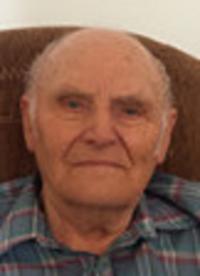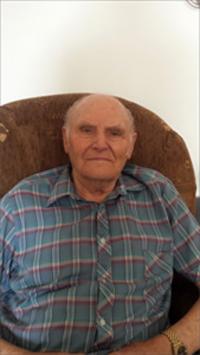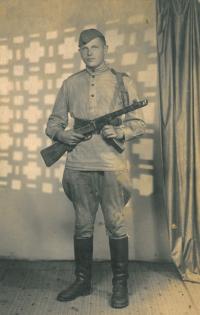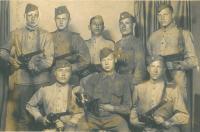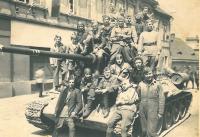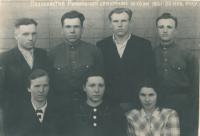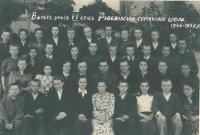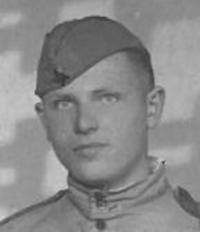We were like convicts there
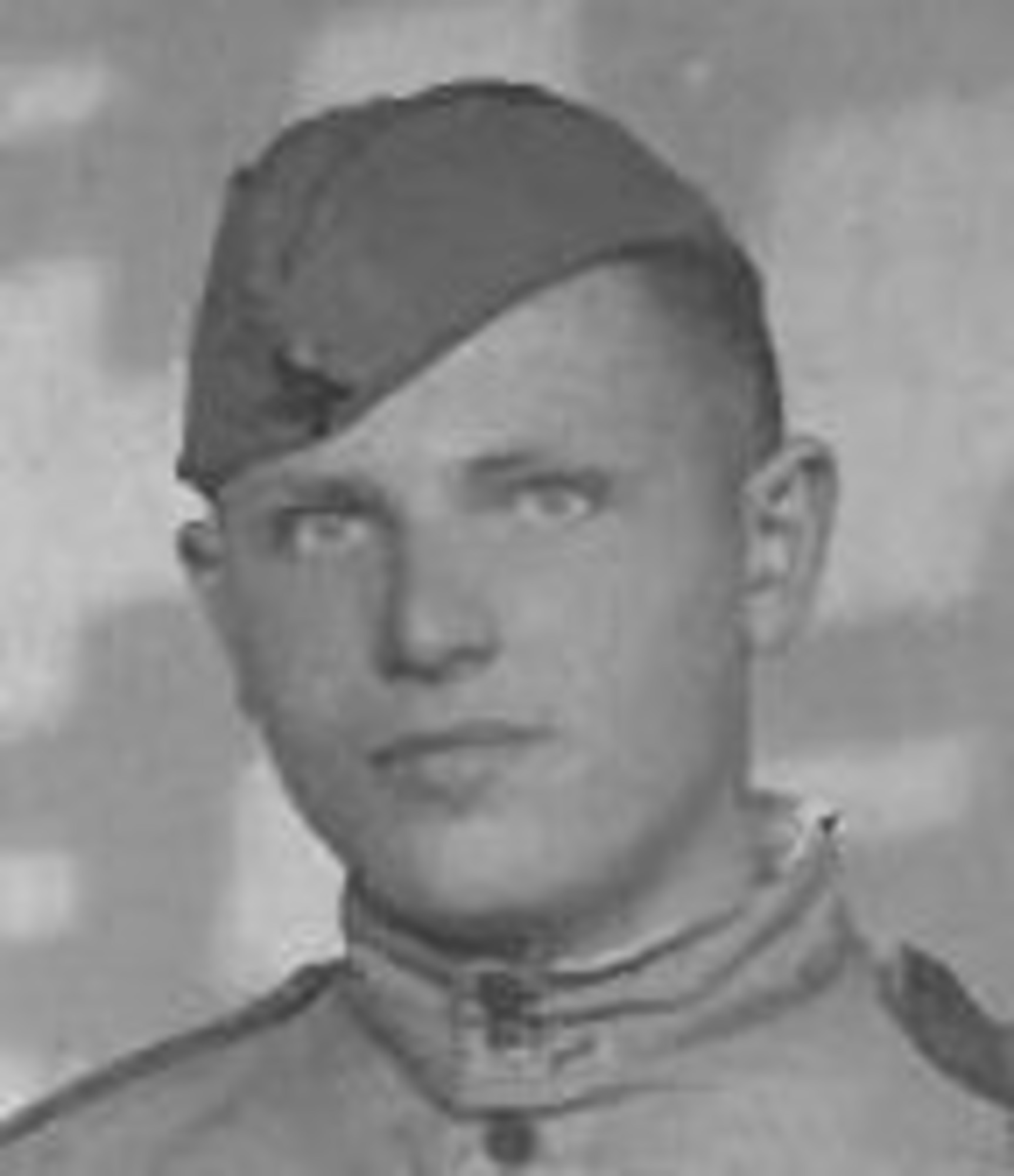
Stáhnout obrázek
Vladislav Rejsa was born on 1 May 1926 into a Czech family in Volhynia in the former Soviet Union. After the Nazi occupation of Volhynia he was assigned to forced labour in Germany, where he spent three years in a labour camp in abysmal conditions. When he was liberated by the Red Army he joined a tank brigade and took part in the war. He served in the army for five years. In 1947 his family remigrated to Czechoslovakia. After he was discharged from the army he worked as a primary school teacher. After repeated requests he was finally allowed to remigrate to Czechoslovakia in 1960. As of 2017 he lives Chodov.
